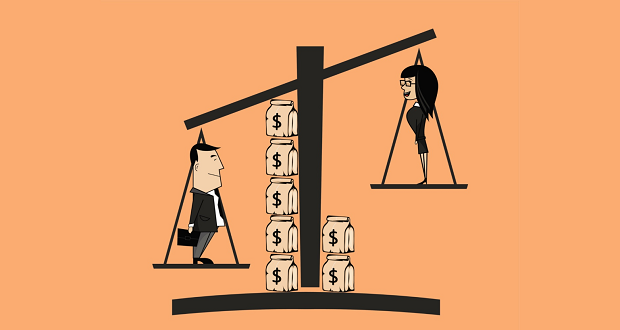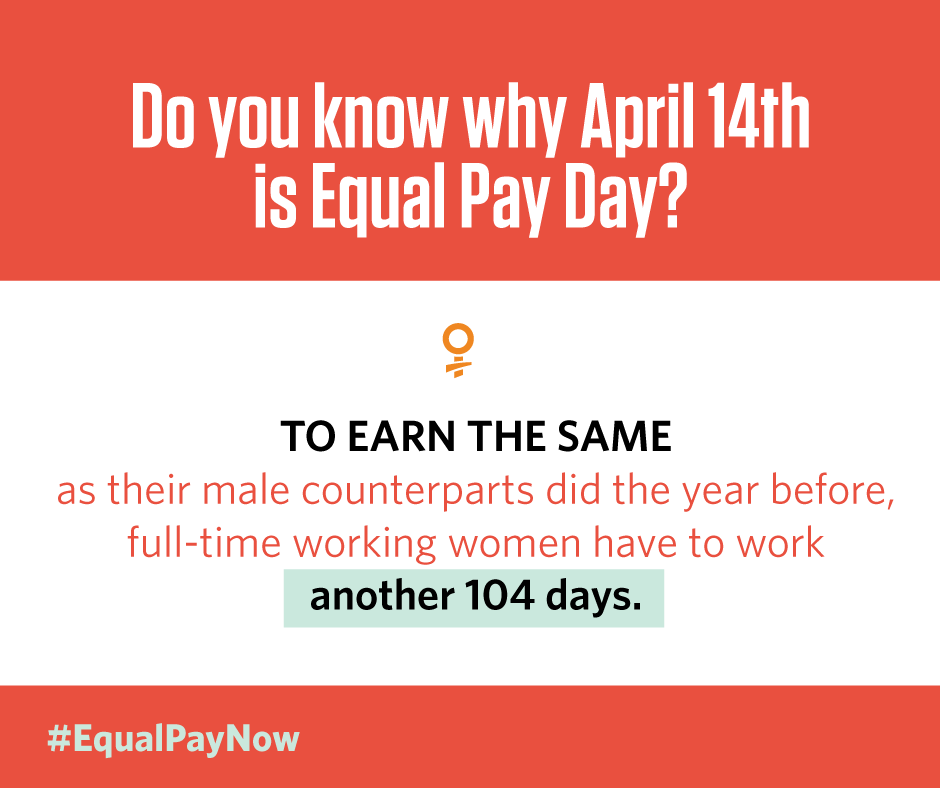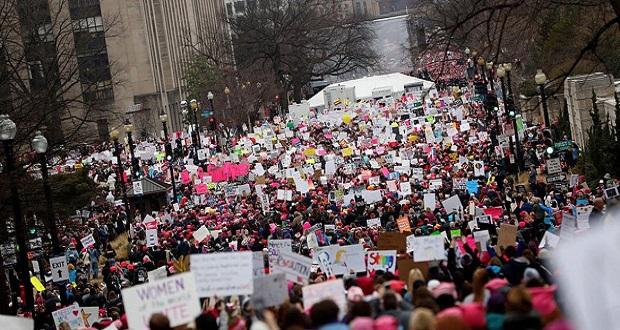
Tuesday was “Equal Pay Day,” in The United States, the date that measures how far into the new year the average American woman would have to work to earn what the average American man did in the previous year. According to estimates calculated by Pew Research, based on hourly earnings of both full- and part-time workers, women earn 84 percent of what men earn. Based on this estimate, it would take approximately 40 more days of work for women to earn what men had by the end of last year. However, if we use White House data, which reports that women earn only 77 percent of what a man earns, Equal Pay Day would take approximately 104 days instead of 40 into the new year.

Source: President Barack Obama Facebook Page
In another study released last month by the Institute for Women’s Policy Research uses Census trend data to predict when each state will close their gender wage gap. Based on each state’s rate of progress from 1959 to current day, the group estimates the national wage gap will close sometime in the year 2058—or 43 years from now.
According to the World Economic Forum’s 2014 Global Gender Gap Report which studied 111 countries only one, Denmark, pays women more on average than men. Based on the nine years of data, the world has seen only a small improvement in equality for women’s pay in the workplace. According to the Global Gender Gap Report 2014, the gender gap for economic participation and opportunity now stands at 60 percent worldwide, a 4 percent improvement since 2006. The report says it will take another 81 years to close the gap.
The reasons that are put forth for the persistence of the gap is that women are more apt to work part time, interrupt their careers for child bearing and rearing and more often choose lower paying professions than men. In addition, there is a common theory (which I do not believe) that women lack negotiating skills. Relative to the argument that women choose lower paying jobs, as reported in the August 22, 2013 Inclusion Solution post Why Do Women Earn Less Than Men? – Part 1, a study conducted by the American Association of University Women, which did adjust for profession and other factors, found that just one year after graduation, college-educated women were on average already making $7,600 less each year than their male counterparts. We also reported about a study conducted by Bloomberg of companies in the S&P 500 index, which found that even women in the top ranks of corporate America earn 18 percent less than their male counterparts. The reason they concluded…women do not ask for more money.
This is a complex issue and there are many reasons why women might make less than men. I do not, however, want us to minimize one the key reasons and that is lingering biases about women’s worth compared to their male counterparts. I think in some ways are brains are wired into unconsciously believing that men “should” make more money than women. The man as the primary wage earner is a mindset that is locked deep into our subconscious.
Forty days is too long, 43 years is way too long and 81 years is just unacceptable. What is the inclusion solution? Every person who holds salary budgets should analyze and adjust for obvious inequities. Let’s have an equal pay adjustment day!


















